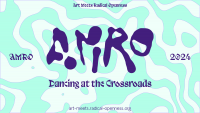Appointed by the European Commission, Ars Electronica, BOZAR and Waag Society are launching a prize to select the most pioneering collaborations and results in the field of creativity and innovation at the crossings of science and technology with the arts. This follows the launch of a new activity in the European Commission named STARTS: Innovation at the nexus of Science, Technology, and the ARTS.
Science, Technology and Arts (=STARTS) form a nexus with an extraordinarily high potential for creative innovation. And such innovation is considered to be precisely what’s called for if we’re to master the social, ecological and economic challenges that Europe will be facing in the near future. The role of artists thus is no longer seen to be just about propagating scientific and technological knowledge and skills among the general public but much more as a kind of catalyst that can inspire and trigger innovative processes. The artistic practice of creative exploration and experimental appropriation of new technologies has a wide reaching potential to contribute to the development of new products and new economic, social and business models. Accordingly, the STARTS Prize focuses on artistic works that influence or change the way we look at technology, and on innovative forms of collaboration between the ICT sector and the world of art and culture.
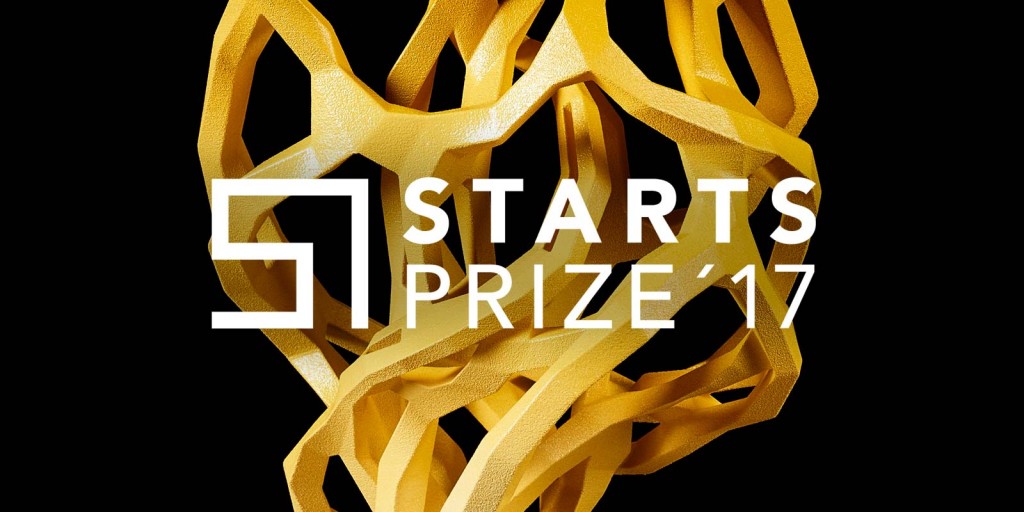
Two prizes, each with €20,000 prize money, are offered to honor innovative projects at the intersection of science, technology and the arts: one for artistic exploration, and thus projects with the potential to influence or change the way technology is deployed, developed or perceived, and one for innovative collaboration between industry/technology and art/culture in ways that open up new paths for innovation.
Grand Prize — Artistic Exploration
Awarded for artistic exploration and art works where appropriation by the arts has a strong potential to influence or alter the use, deployment or perception of technology.
Grand Prize — Innovative Collaboration
Awarded for innovative collaboration between industry or technology and the arts that opens new pathways for innovation.
Submission phase ends on March 13, 2017!
More information: https://starts-prize.aec.at/en/


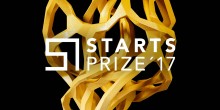
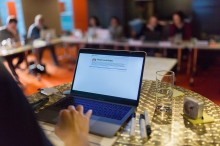
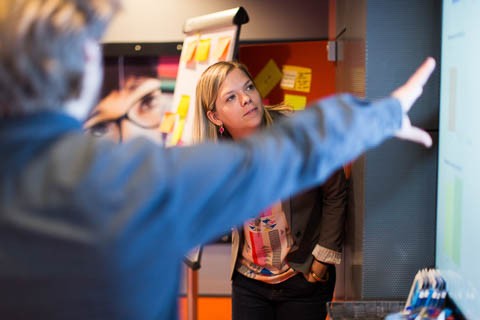
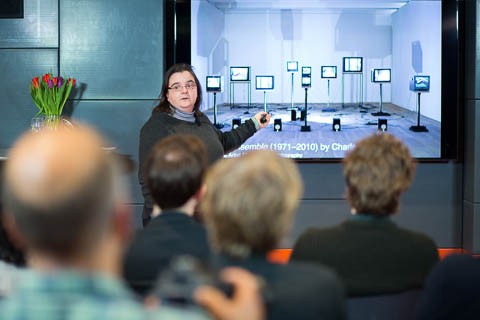
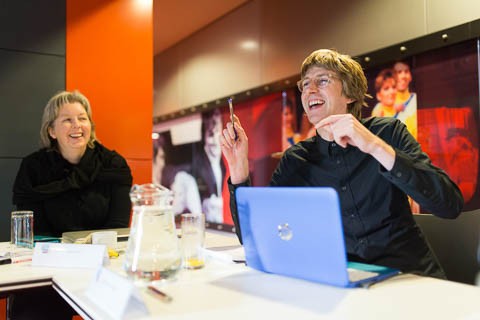
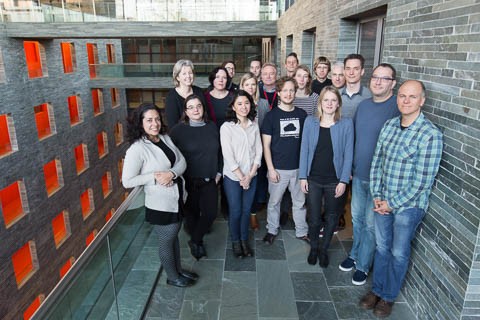
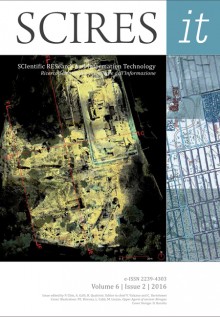
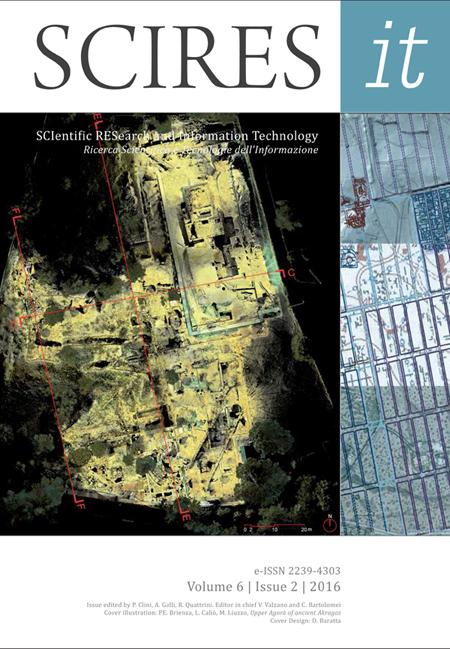 SCIRES-IT (SCIentific RESearch and Information Technology) is inviting papers for Vol. 7 No. 1 which is scheduled to be published on June 2017.
SCIRES-IT (SCIentific RESearch and Information Technology) is inviting papers for Vol. 7 No. 1 which is scheduled to be published on June 2017.
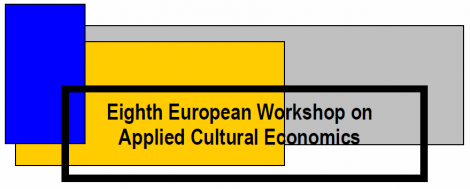



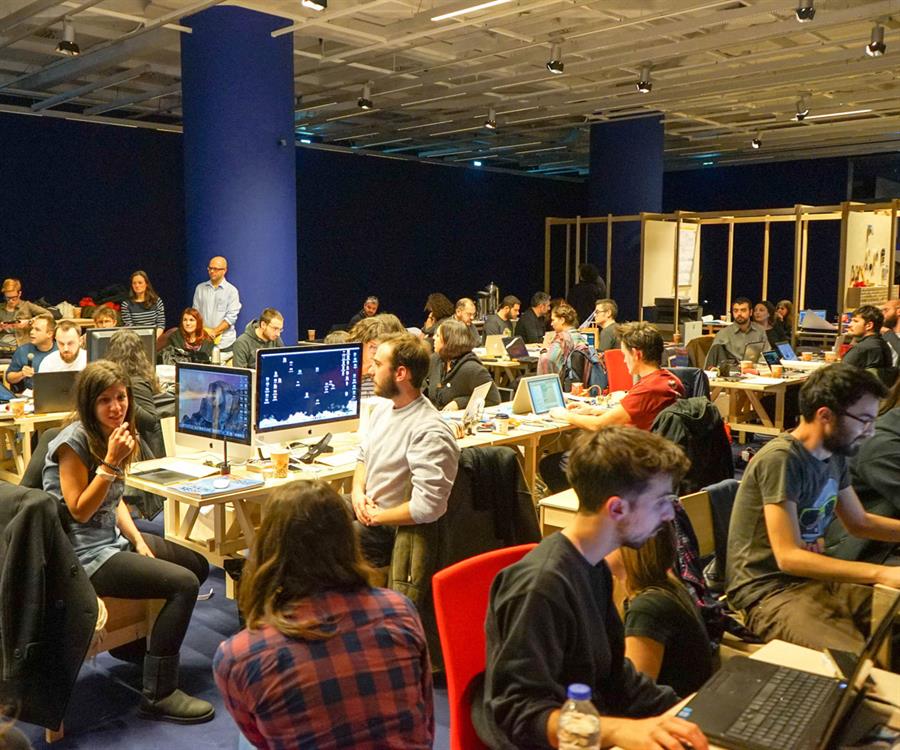

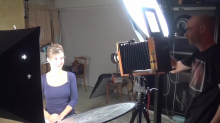
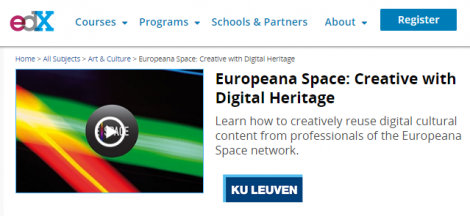

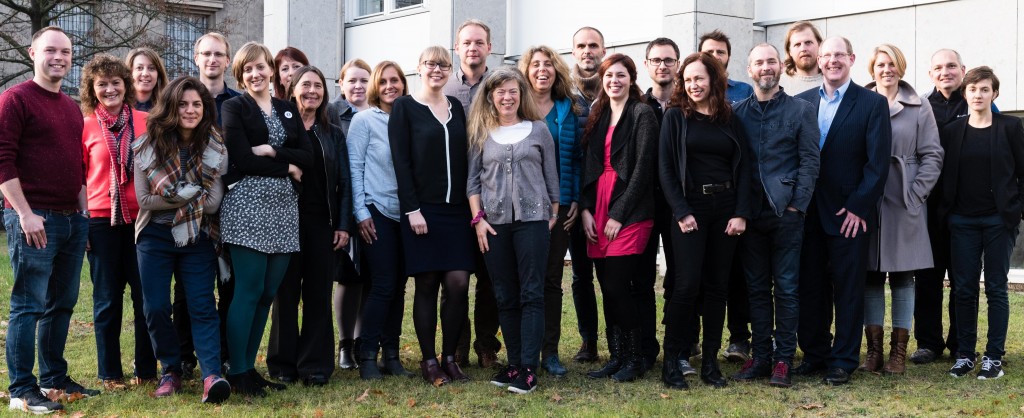
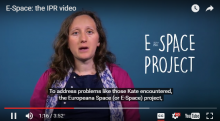
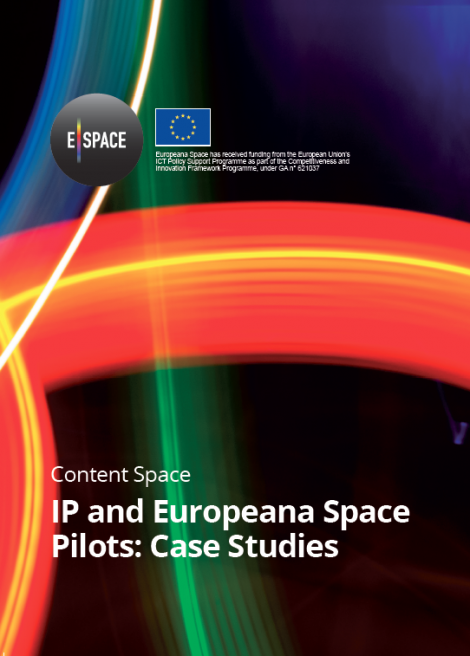 As a final outcome from the Content Space, we are happy to announce the arrival of the IP Case Studies booklet. This contains information regarding intellectual property right within the six Europeana Space Pilots (museums, TV, dance, open and hybrid publishing, photography and games). The booklet contains stories and lessons learnt during the project, the hackathons, the business modelling workshops and the incubation periods.
As a final outcome from the Content Space, we are happy to announce the arrival of the IP Case Studies booklet. This contains information regarding intellectual property right within the six Europeana Space Pilots (museums, TV, dance, open and hybrid publishing, photography and games). The booklet contains stories and lessons learnt during the project, the hackathons, the business modelling workshops and the incubation periods.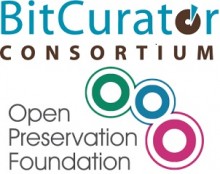
 BitCurator Consortium
BitCurator Consortium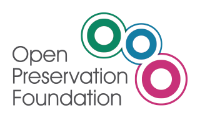 Open Preservation Foundation
Open Preservation Foundation If you have interesting news and events to point out in the field of digital cultural heritage, we are waiting for your contribution.
If you have interesting news and events to point out in the field of digital cultural heritage, we are waiting for your contribution.














